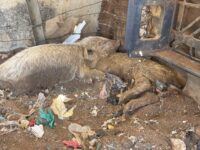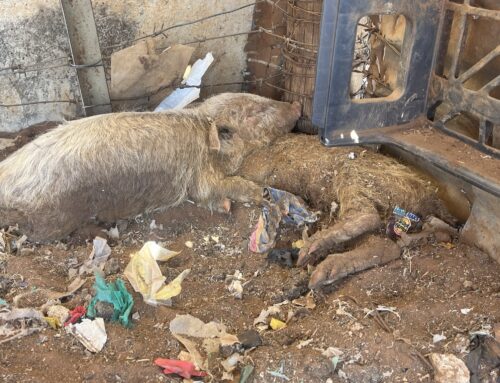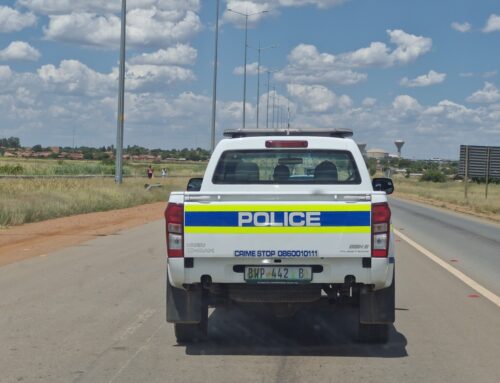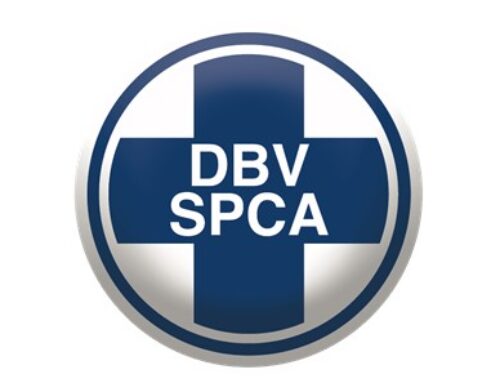After months of fighting for elephants in Parliament, the National Council of SPCAs (NSPCA) has welcomed a renewed focus on humane solutions to the elephant population crisis in the North West province. The NSPCA has long maintained that conservation must be guided by compassion, ethics, and science, not by the barrel of a gun.
From 14 to 16 October 2025, the NSPCA joined Members of the Parliamentary Portfolio Committee on Forestry, Fisheries and the Environment, conservation authorities, and ecologists on a three-day site visit and discussion series at Madikwe and Pilanesberg Game Reserves. The investigation followed deaths of 75 elephants at Madikwe between August 2024 and January 2025 due to starvation during severe drought .
Although recent rains brought temporary relief and improved vegetation, the NSPCA cautioned that rainfall cannot replace sound population management. Sustainable and humane measures are essential to prevent a repeat of the crisis.
In its presentation to the Parliamentarians and the North West Parks and Tourism Board (NWPTB), the NSPCA again called for immediate implementation of the elephant immunocontraceptive programme, already approved and signed off in a 2023 Memorandum of Understanding. This initiative offers a simple, cost-free and non-lethal solution to manage elephant population growth and could be implemented across the reserve within a single day.
The NSPCA reaffirmed its opposition to trophy hunting as elephant population control methods. Killing elephants for profit or convenience is not conservation. With a proven, humane and affordable alternative available, it cannot be justified. The contraceptive approach would, within three years, stabilise population numbers while preserving sensitive herd structures and biodiversity.
The NSPCA also noted the support of Humane World for Animals (HWA), which aligned with the NSPCA’s position advocating humane, evidence-based management of elephant populations. The NSPCA maintains that genuine conservation can only succeed through collaboration grounded in ethics and .
Specialists consulted during the Parliamentary visit indicated that South Africa is expected to experience La Niña conditions, bringing improved rainfall and vegetation. This further supports the case for non-lethal management strategies.
Further consultations will be held before final decisions on population management are made.
“The NSPCA is the legal guardian of South Africa’s wild animals under the Animals Protection Act,” says Chief Inspector Douglas Wolhuter, Manager of the NSPCA’s Wildlife Protection Unit. “Our duty is to ensure that even in the wild, animals are protected from unnecessary suffering, and that conservation is done with compassion, not cruelty.”
If you are as passionate about animals and their well-being as we are, consider supporting our causes by donating.
Latest News Posts
Will You Be the One Who Takes Action?
Most people will scroll past this. But will you be the one who stands up for animals?
Animal welfare isn’t always in the spotlight, but it changes lives – for every neglected, abused, or suffering animal we help. Our teams work tirelessly, often behind the scenes, ensuring animals across South Africa are protected.
This work is relentless. The challenges are immense. But with more hands, hearts, and resources, we can do even more.
The equation is simple: the more supporters we have, the greater our reach, the stronger our impact.
Be part of the change. Become an NSPCA Project Partner today. From just R50 per month, you can help ensure that no animal suffers in silence.








